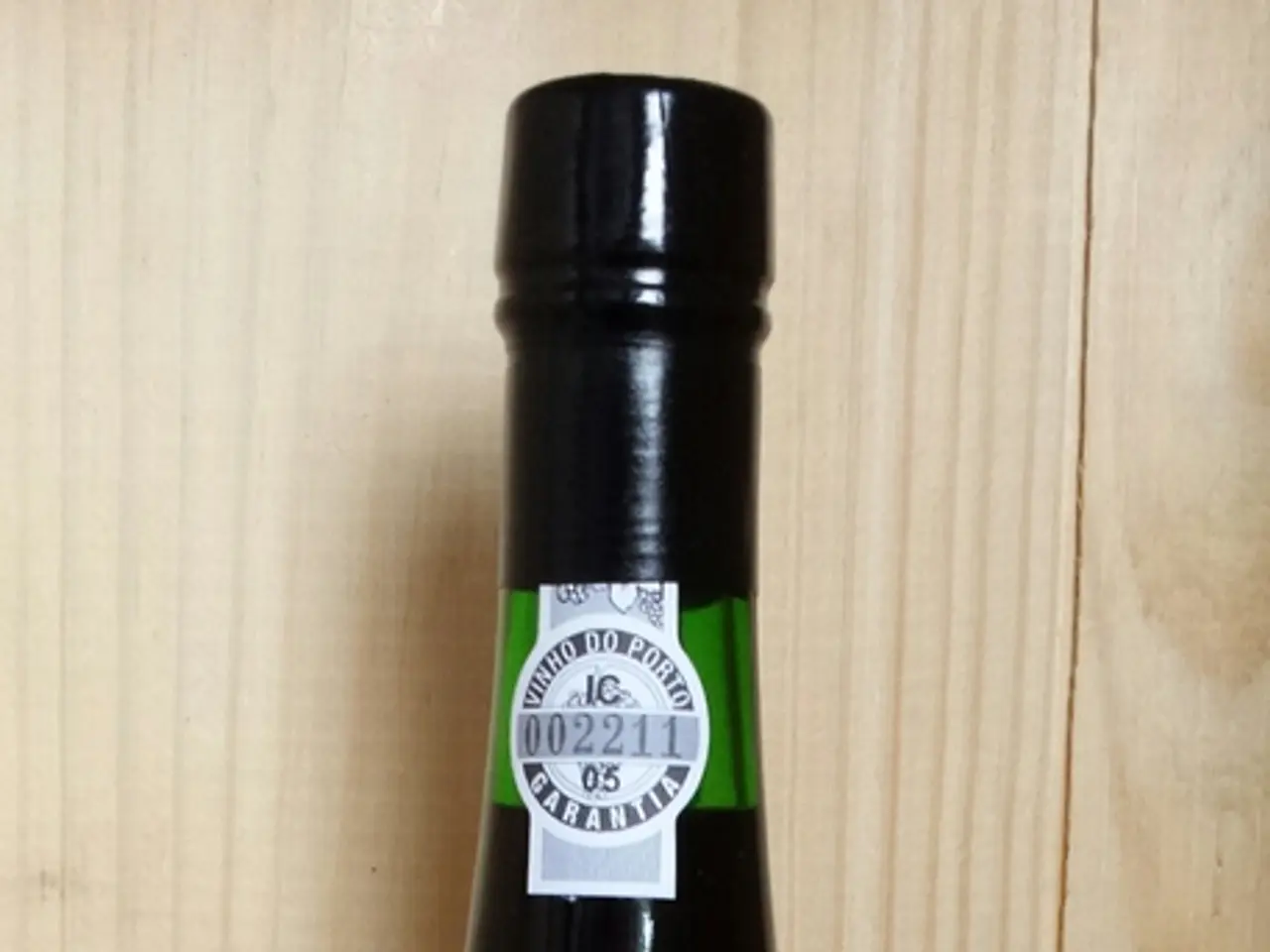Federal Lawmakers Strive to Close Gap in Hemp Commerce Sales
## Escalating Crackdown on Intoxicating Hemp Products: A Changing Landscape for U.S. Hemp Industry
The landscape for the hemp industry in the United States is undergoing significant changes, with federal agencies and state governments taking action to regulate or ban intoxicating hemp products. This shift follows concerns about the proliferation of products packaged to resemble candy and the potential risks they pose to consumers.
### Federal Regulation
The U.S. Congress is moving to ban intoxicating hemp products, particularly those containing synthetic compounds or quantifiable amounts of THC, including delta-8 and delta-10 THC. This legislation aims to close a loophole created by the 2018 Farm Bill that allowed these products to flood the market. A Senate bill proposing a ban on these products has been delayed for one year, providing farmers and businesses with time to prepare for potential changes in the industry. However, the vague language in the bill could impact non-psychoactive CBD products if they contain trace THC.
The Department of Health and Human Services will have the authority to define what constitutes a "quantifiable" amount of THC, giving regulators broad discretion over which products are allowed.
### State Regulation
Several states have implemented stricter regulations on hemp products. Alabama has banned online and direct-to-consumer sales of certain hemp products, while Arkansas has successfully restricted certain hemp products after a court ruling allowed its laws to take effect. The U.S. Court of Appeals has supported state authority to regulate hemp, affirming that state laws can be more stringent than federal regulations. This strengthens the path for state-level advocacy.
### Industry Impact
The proposed federal legislation and state regulations could significantly impact the hemp industry, potentially banning virtually all hemp-based cannabinoid products. This could lead to a shift in how businesses operate and market their products. The future of consumer access to hemp products, especially those containing THC isomers like delta-8 and delta-10, is uncertain. The regulations could lead to reduced availability of these products in stores and online platforms.
Industry experts advocate for strong, science-based regulations rather than blanket bans. Businesses built around hemp may have to shut down or move into the cannabis industry due to mounting pressure.
### The Uncertain Future
The regulatory framework for hemp products is evolving, with ongoing debates about the balance between regulation and prohibition. Lawmakers are considering new definitions for hemp that would outlaw any product containing any type of THC or similar compound, regardless of how it was made. Courts may continue to split on how to handle these compounds, but regulators and lawmakers seem to agree that the current system isn't working.
The debate over intoxicating hemp products has escalated into a full-blown political fight. Businesses in the hemp space should prepare for sudden shifts, tighter controls, and a possible end to the legal loopholes they once relied on. As the situation continues to evolve, it is crucial for businesses and consumers to stay informed and adapt to the changing landscape.
- The Federal Congress is proposing to ban intoxicating hemp products, including those with synthetic compounds and quantifiable amounts of THC, such as delta-8 and delta-10 THC, which could impact the mental health and general wellness of consumers due to the potential withdrawal symptoms or other psychological effects associated with sudden bans.
- In the realm of health-and-wellness, legislators are debating the future of hemp products in the wake of the escalating crackdown, as the regulations could shift the landscape from policy-and-legislation, impacting businesses in the hemp industry to potentially shut down or move into the cannabis industry due to the mounting pressure.
- As a result of the crackdown on intoxicating hemp products, war-and-conflicts may surface within the industry, pitting businesses against regulatory measures, testing the boundaries of federal and state lawmaker's discretion, and raising questions about the role of science in guiding policy decisions.




